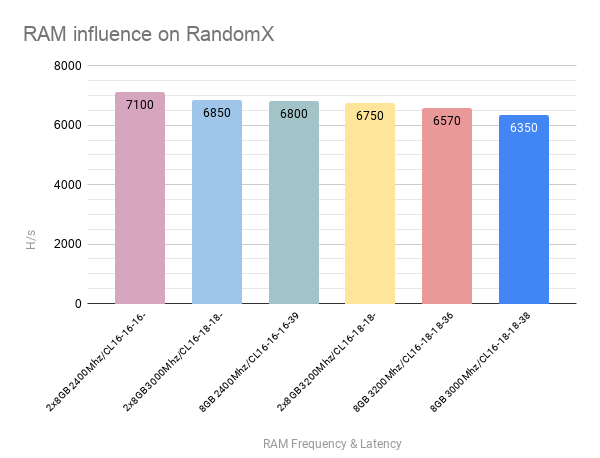
Upgrade is a must if it concerns security and possible future developments. This is experienced by Monero.
The developers at Monero have completed another network upgrade, but this one is particular, because it effectively introduces RandomX, an algorithm that optimizes general-purpose central processing units (CPU) in order to make the network more decentralized.
But most notably, RandomX uses random code execution together with memory-focused techniques.
The proof-of-work (PoW) algorithm makes the network resistant to application-specific integrated circuits (ASIC), or devices optimized for professional mining operations.
On November 30, the Monero Community Workgroup live streamed on YouTube just before the upgrade process.
Chief maintainer of Monero, Riccardo Spagni, aka 'FluffyPony', stated that “And I think this is just another checkpoint in proving that Monero is decentralized. You know, it’s just out of a very real fact pattern.”
ASIC resistant is something that several other tokens have given up completely.
The algorithm is not audited, and it is an official part of the Monero cryptocurrency, as well as XMR miners. While several community members are divided about their opinion concerning the upgrade, most of them consider the change as positive.
The team at Monero believes that specialized ASIC machines have a centralizing effect as there are only a few companies in the world that are able to manufacture them.
However, others have claimed the exact opposite.
Bram Cohen, for example, best known as author of the peer-to-peer (P2P) BitTorrent protocol, said that ASIC-resistant PoW is both a pipe dream and a bad idea. Cohen said that it is a much better idea to be ASIC-friendly, because "ASIC resistance just creates more centralization around manufacture when it inevitably fails."
Ethereum co-founder Vitalik Buterin also has a similar opinion, when he said that there is a growing consensus that ASIC-resistant algorithms have a limited lifespan and ASIC resistance ultimately makes 51% attacks cheaper.

"PSA: Services, please be reminded that we will be phasing out long payment IDs this year (to improve privacy and usability for users as well as mitigate support work for services)." wrote Monero in a tweet.
Similar to other cryptocurrencies, the Monero project is always evolving. And this upgrade is seen as an improvement to the network, made when and where necessary.
This particular development does highlight the need for privacy and even anonymity features when dealing with finances. And in the cryptocurrency world, privacy applies just as much.
However, Monero acknowledges there is nothing called 100% anonymous. The team recognizes that Monero might have bugs, by giving an analogy that someone wearing a seat belt can still die in a car crash. The team said that common sense and prudence should be used in defense.
Previously, the Monero network garnered a lot of negative publicity when it was reported that its CLI binaries were compromised. Later, the team announced that the issue had been taken into account by the professionals working on the platform.
With Monero community facing a hard time because of the sudden delisting from the world’s leading cryptocurrency exchanges, the upgrade is expected to benefit the platform in a big way.